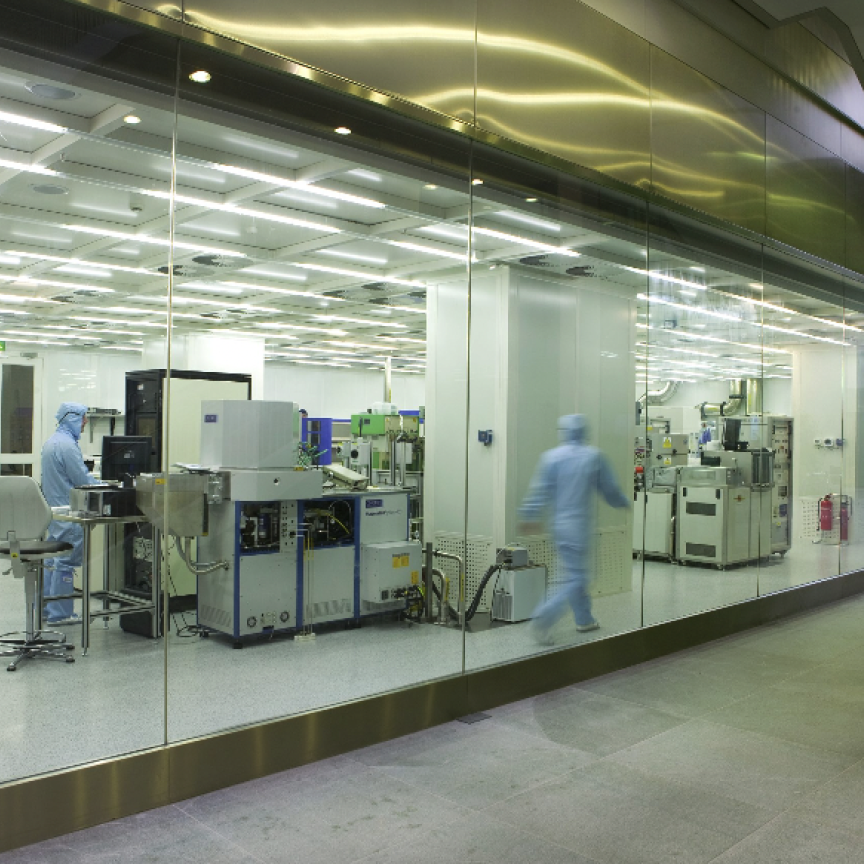The New Economy Award, which recognises market developments that fulfil a socioeconomic need and show industrial and scientific innovation, has been awarded to German company JenLab for its high-resolution tissue imaging tomography based on femtosecond lasers. In the future, the system may be able to replace surgical biopsies, and has already been used to optimise treatment for certain skin disorders and has been used in numerous studies investigating the effects of skin ageing.
Biopsies are taken when additional diagnostic information is needed to confirm a diagnosis, when scans or blood tests fail to provide a definitive answer. However, biopsies can be costly, invasive, and time-consuming; with the doctor receiving results typically a few days or a week later.
With the use of the femtosecond multiphoton tomography clinical imaging system, biopsies can be obtained without the need for clinical intervention. By not removing the tissue from the body, these optical biopsies would not only be minimally invasive and painless, but would image tissues in their native environment and with information on its chemical composition and physiology, such as its metabolic status. Multiphoton biopsies have been proven to have at least 1,000 times better resolution than conventional ultrasound, X-ray or MRI images.
The multiphoton tomographs provide a microscopic view into the skin by fast scanning tightly focused near infrared beams − with a power equivalent to a laser pointer − at a speed of 80 million laser pulses per second. The energy from the laser beams excite biomolecules which then emit fluorescence as well as other weaker signals that can be detected with single photon sensitivity. During scanning, high-contrast images of the intra-tissue architecture appear immediately on the screen of a monitor.
Tissue sections can then be imaged in seconds, allowing the doctor to view and monitor single cancer cells, inflammation sites, the migration of repair cells, the distribution of melanin pigments and even single elastin fibres and the collagen network.
The multiphoton systems have also been used in a number of research projects such as those investigating skin disorders, or the effects of ageing.
The University of California, for example, has used JenLab’s flexible tomograph to study skin physiology and oxygen consumption, while hospitals in Irvine, Brisbane, London, Modena, Nizhny Novgorod and Berlin are employing the system to detect black skin cancer on a sub-cellular level. And, other dermatologists are using the tomographs as personalised medical tools to optimise the treatment of dermatitis and actinic keratosis.
Cosmetic companies are also customers of Jenlab, as the imaging system has allowed them to monitor the in situ accumulation of active compounds and carriers, as well as their interactions with skin components. Customers have included Procter & Gamble, who used the tomograph to test the next generation of its Olay Regenerist anti-ageing skin products. Also, Chanel successfully tested its Sublimage Essence anti-aging product which will soon be launched.
Another interesting study on the effects of aging, though not for the cosmetic industry, is JenLab’s collaboration with NASA and the European Space Agency (ESA) to evaluate skin ageing effects in astronauts who are working for six months on the International Space Station (ISS). Astronauts commonly suffer from skin disorders such as dryness, rashes, itchiness, loss of elasticity, thinner skin and slow healing rate.
Scientists involved with ESA-Project Skin B hope to answer the question of how astronauts’ skin regeneration is affected. Currently, three astronauts are having multiphoton biopsies prior to launch and immediately post-flight.
To further this research, JenLab is also working on a device that is compact, easy-to-use and can be used for applications both on earth and in space to monitor medical risks via optical tissue parameters.


